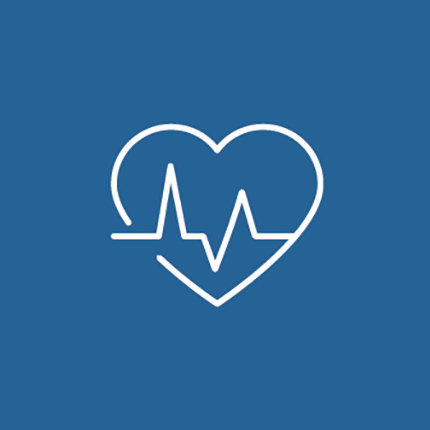Find a Cardiologist
Heart Murmur Symptoms: Do You Have Them?
A heart murmur is an uncommon sound that your doctor, using a stethoscope, may hear between heartbeats. The human heartbeat sounds like “lub-dub,” while heart murmurs produce a swishing or a whooshing sound.
Types of Heart Murmurs
There are two types of heart murmurs.
1. Abnormal
In adults, abnormal heart murmurs are usually linked to heart valve problems, diseases or infections. In children, it may be caused by birth defects or congenital heart malformations, which may be corrected with surgery.
2. Innocent
Innocent or functional heart murmurs are neither dangerous nor life-threatening. It occurs when your blood flows quicker through the heart than normal. You may experience a heart murmur if you’re anemic, if you’re pregnant, when you’re exercising or doing a physical activity, if you have fever, if you have hyperthyroidism or if you’re a teenager whose body is growing fast.
Common Heart Murmur Symptoms
If you have innocent heart murmurs, you are less likely to experience symptoms. On the other hand, if you have abnormal heart murmurs, symptoms may vary on the cause. But some of its most common symptoms include:
- A cough that won’t go away
- Blue skin around your lips and/or fingertips
- Chest pain
- Decreased tolerance for physical activity
- Dizziness
- Excessive sweating (even without exercising too much)
- Episodes of rapid heartbeat
- Fainting
- Shortness of breath
- Symptoms of heart failure (at its worst)
Diagnosing Heart Murmurs
Doctors may find more information on what’s causing heart murmurs based on the position, quality and loudness of the murmur. They score its loudness from one to six, with the score of one considered very faint and with six considered extremely loud.
Some other tests that may help your doctor determine if your heart murmur requires further investigation include:
- Cardiac catheterization
- Chest x-ray
- Echocardiogram
- Electrocardiogram (ECG)
Treatment Options for Heart Murmurs
The treatment for heart murmurs will depend on the cause of your condition. For innocent heart murmurs, patients may not need any treatment. For some cases of abnormal heart murmur, you may need to take medications, such as those that may help lower your blood pressure, may help lower your cholesterol levels or anti-coagulants that may help prevent blood clots from forming.
If the cause of your heart murmur is a hole in your heart or if your heart valves need to be replaced, you may need surgery, such as a valve repair or valve replacement. Some other non-surgical options may also be recommended by your physician.
Final Thoughts
Heart murmurs may be harmless and may go away on their own, but some cases require treatment as they may be a sign of a serious heart condition. If you are experiencing heart murmur symptoms, please see a heart doctor, learn more about the root cause of your condition and get the treatment you may need.
Sources:
American Heart Association
Harvard Health Publishing
Healthline
National Heart, Lung and Blood Institute
University of Utah
KidsHealth



